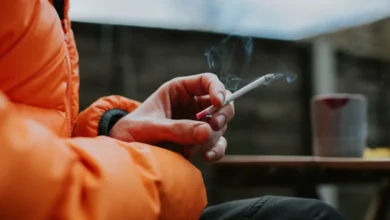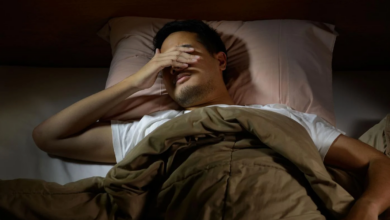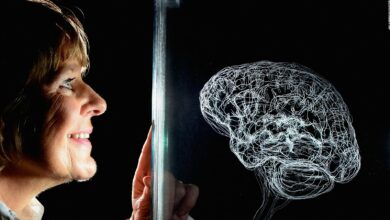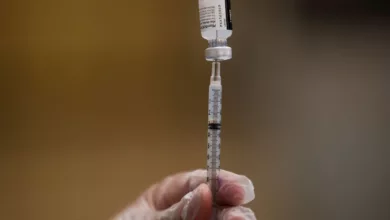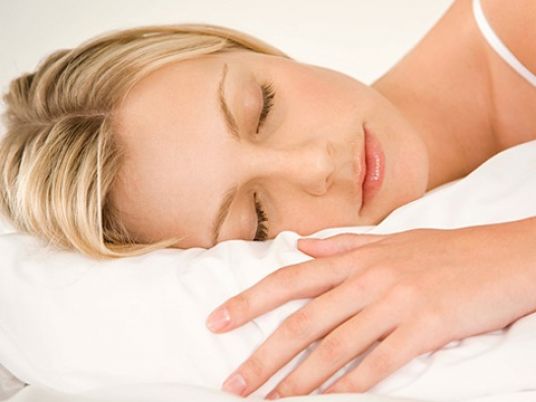
A short nap can revive the immune system and even zap stress for those who didn't get enough sleep the night before, according to French researchers who tested a small group of male subjects.
Lack of sleep can wreak havoc on the body and mind, sending hormones haywire, impairing judgement and increasing risk of illness, but the new research is encouraging in light of research decrying the consequences of lost sleep and indicating they are long-term if not irreversible.
"Our data suggests a 30-minute nap can reverse the hormonal impact of a night of poor sleep," says Brice Faraut, PhD, of the Université Paris Descartes-Sorbonne Paris Cité in Paris, France.
"This is the first study that found napping could restore biomarkers of neuroendocrine and immune health to normal levels."
Faraut and his team set out to examine the hormonal response to lack of sleep and they used a crossover, randomized method in which they worked with 11 healthy men between the ages of 25 and 32.
Subjects were cloistered in a sleep-testing laboratory where everything was strictly controlled from meals to the amount of light they received.
In the first experiment, they were only allowed two hours of sleep during an entire night and researchers subsequently analysed participants' urine and saliva.
Analysis indicated they had a 2.5-fold increase in the stress hormone norepinephrine, which is involved in the fight-or-flight response, increasing heart rate, blood pressure and blood sugar upon the perception of danger.
Levels of interleukin-6, which helps the immune system, had also plunged after participants' near-sleepless night.
After participants had caught up on their sleep and hormones had returned to baseline, researchers conducted another experiment in which the two-hour sleep limit was repeated, but the men were given the chance to take two 30-minute naps the following day.
No changes in norepinephrine levels or interleukin-6 levels were detected after the naps.
"Napping may offer a way to counter the damaging effects of sleep restriction by helping the immune and neuroendocrine systems to recover," says Faraut.
Faraut's study was published in the Endocrine Society's Journal of Clinical Endocrinology & Metabolism (JCEM).

